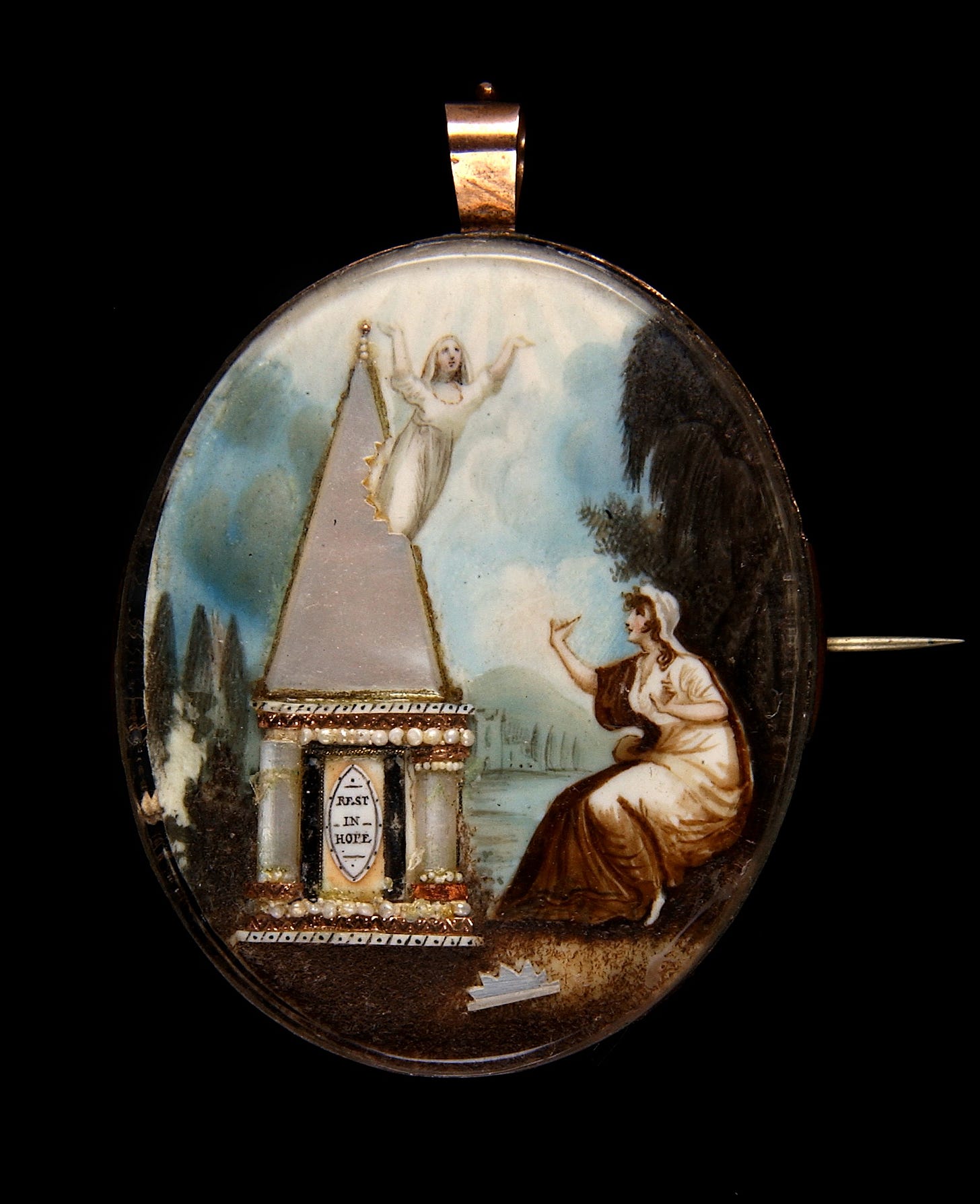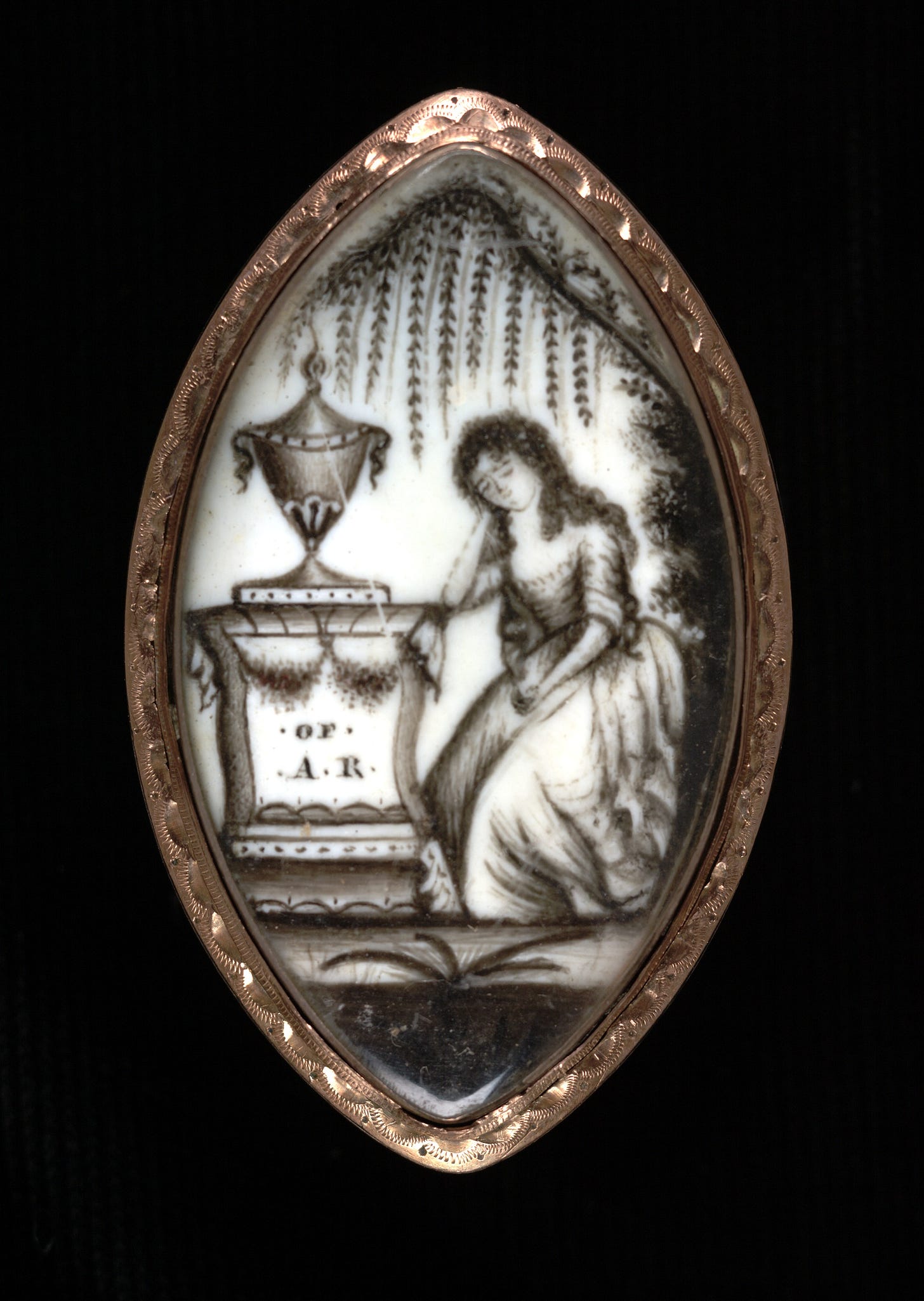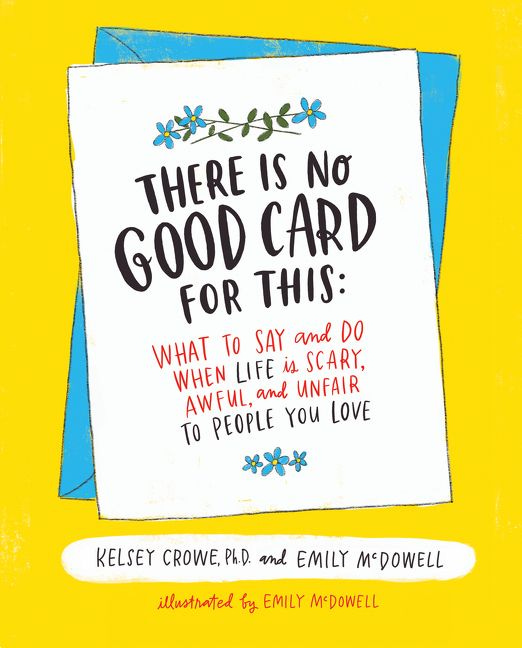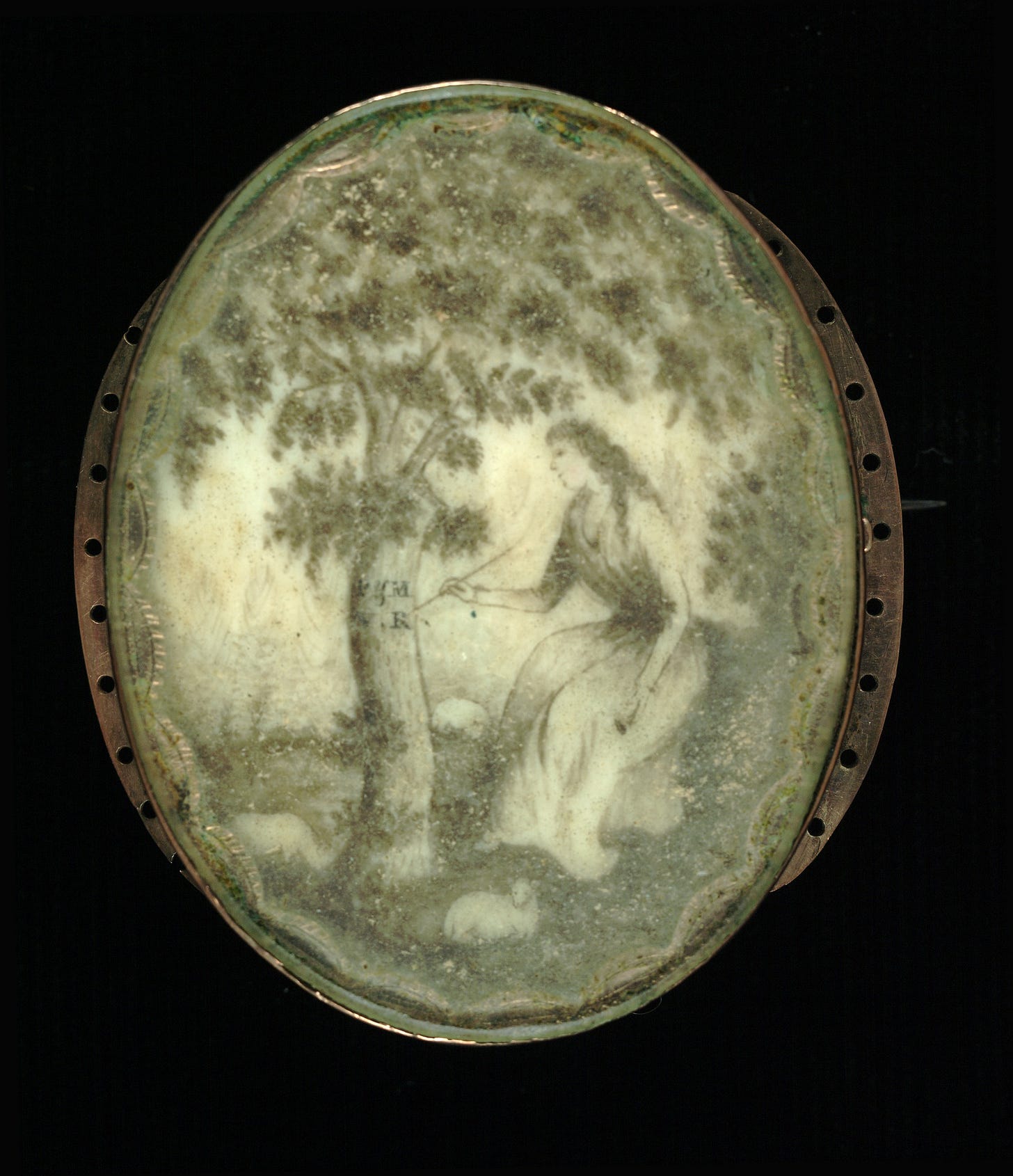What I’m thinking about
A few weeks ago, my husband and I adopted a cat from the Seattle Animal Shelter.
It’s been so wonderful to add a new member to our family for all the usual reasons – and for one unusual one: It’s been healing for me to care for him. Most days, I can draw a simple, straight line between the actions I take and his well-being: My main responsibilities are to keep him inside the house with clean litter boxes and full bowls of food and water. If I do that, I (usually) have a curious, cozy indoor cat who spends the day napping on the couch or in one of his two favorite window sill perches.
Caregiving hasn’t had many straight lines for me. So far, I’ve understood caregiving mainly through the lens of caring for my mom, who was diagnosed with early-onset Alzheimer’s disease in 2017. Her illness caused unpredictable personality changes and behaviors years before her diagnosis – many of which have persisted, alongside progressive memory loss, even with more help from medication. As a result, I have spent a lot of time feeling unsure that what I do to help is actually helpful at all – a feeling that I think most caregivers know well.
I should also mention that our cat is an older cat. At sixteen years old, I know we won’t have as many more years with him as I’d like. But I’m so grateful he’s here now – and so enjoying the simpler lens on caregiving that I’ve adopted, too.
Talk soon,
Libby

Mourning Pin, Unidentified Artist, 1790s (Smithsonian American Art Museum)
What I’m reading this week
A Pitchfork list of several albums that address grief and loss in unusual ways.
How to care for parents who didn’t do a good job caring for you.
Your race impacts the health care you receive, especially if you’re Black.
A look at grief through the lens of the popular video game Animal Crossing.
How trauma travels through generations in the Black community.
The senior living industry may move away from large-group housing models after the COVID-19 pandemic.
This article about “crisis fatigue” isn’t written for caregivers, but it could be.

Mourning Pin for A.R., Unidentified Artist, 1780 (Smithsonian American Art Museum)
One Good Resource

VitalTalk is a nonprofit that helps doctors and other clinicians improve their communication skills, with the goal of enabling more “effective, empathic, and honest conversations” between clinicians, patients, and their families.
This newsletter is still for patients and caregivers – not doctors – so it may seem odd that I’m recommending VitalTalk here. But here’s why: I think it serves all caregivers to understand how professionals like doctors, lawyers, and financial advisors tend to think and communicate. VitalTalk offers a masterclass in how doctors and nurses, in particular, should be talking to you – and gives you some ideas about how you should be talking to them, too.
Many of what they offer – including some new resources that are specific to the COVID-19 pandemic – is free to watch as videos and/or read as written content. (And you don’t even need to be a doctor to access it.)
One Good Quote
“I went back. I sat in that hot room,” Winfrey says chuckling at the memory. “I watched The Bold and the Beautiful. I watched The Young and the Restless. I watched The Price is Right. I watched Steve Harvey on the Game Channel. I watched it in a loop. I sat in the room, and I sat in the room. I was about to lose my frickin’ mind in that room, but I sat.”
“I waited for a way to say what I wanted to say,” she says. “I couldn’t find it that day. The next morning I woke up, and I was actually praying for, ‘What is a way I can have this conversation about the end? How do I close it?’ I just thought, ‘What is the truth for me? What is it that I need to say?’”
Winfrey recalls, “I just walked in with my iPhone, and a voice said, ‘Play some music.’ … “I could see that the music gave me an opening to say what I needed to say.”
“What I said was, ‘Thank you. Thank you, because I know it’s been hard for you. It was hard for you as a young girl having a baby, in Mississippi. No education. No training. No skills. Seventeen, you get pregnant with this baby. Lots of people would have told you to give that baby away. Lots of people would’ve told you to abort that baby. You didn’t do that. I know that was hard. I want you to know that no matter what, I know that you always did the best you knew how to do. And look how it turned out.’”
Oprah Winfrey shares the last conversation she had with her mother before she died in November 2018.
One Good Book

“There is No Good Card for This” by Kelsey Crowe, Ph.D., and Emily McDowell
I was so charmed by Emily McDowell’s empathy cards for illness and loss when they were released a few years ago, and I was happy to see their genius become a book.
This book brings a quirky, thoughtful, and original perspective to a cliché topic, and I have really appreciated having it in my back pocket as I’ve learned how to make more space for myself and others to grieve. One thing I particularly like is that it focuses not just on the big, formal moments of grief – when you might, say, choose to send flowers – but on the many small, informal moments that come before and afterward.
(P.S. The real trick, I think, is remembering that you can also talk to yourself in the ways that this book tells you to talk to other people you love.)
One Good Ad
I’d love to share your business, product, or service with the people who read this newsletter. Reply to this email to get in touch.
Are you worried about your parents? I want to help. Through my business, Quilt, I offer a new kind of online support for people who care for their aging parents that includes phone or video check-ins & unlimited support over email.

Mourning Pin for ER, Unidentified Artist, Late 18th to Early 19th Century (Smithsonian American Art Museum)
One More Thing
This week, I found a collection of poems about protest, resistance, and empowerment curated by The Poetry Foundation. I especially liked this one and thought it might be a good fit for this newsletter for a few reasons. I hope you like it, too.
Ways of Rebelling by Nathalie Handal
Who needs to be at peace in the world? It helps to be between wars, to die a few times each day to understand your father’s sky, as you take it apart piece by piece and can’t feel anything, can’t feel the tree growing under your feet, the eyes poking night only to find another night to compare it to. Whoever heard of turning pain into hummingbirds or red birds—haven’t we grown? What does it mean to be older? Maybe a house without doors can still survive a storm. Maybe I can’t find the proper way to rebel or damn it, I can’t leave. I want to, but you grow inside of me. And as I watch you, before I know it, I’m too heavy, too full of you to move. Maybe that’s what they meant when they said you shouldn’t love a country too much.



